Unfortunately, that's unlikely, but we can fantasize:
Also of note:
-
I sometimes say I aspire to be a dilettante. Kevin D. Williamson thinks it's an insult, though. He writes: Trump and Musk: Billionaire Dilettantes.
“The federal bureaucracy situation is much worse than I realized,” Elon Musk, the billionaire dilettante tasked by that other billionaire dilettante with reforming the federal bureaucracy, said earlier this week. “I thought there were problems, but it sure is an uphill battle trying to improve things in D.C., to say the least.” The Tesla boss is out of DOGE and out of the administration and has announced a general retreat from political engagement, having discovered—as one will—that all this “easy” and “obvious” and “common sense” stuff turned out to be … hard.
Welcome to the party, you plank.
We’ve been here before, of course. Donald Trump and his team have been three weeks away from announcing a groundbreaking new health care plan for … what, just about a decade now? Donald Trump’s confidence in addressing a complex subject has a linear relationship to his ignorance regarding that subject, and so we have got gems like this presidential declaration of ineptitude: “Nobody knew that health care could be so complicated.” It isn’t the case that nobody knew—lots of people knew. Some of those people had good ideas, some had terrible ideas, but they knew it was complicated. The guy who didn’t know? The one who spent most of his life as a Manhattan gadfly, a game-show host with side hustles in pro wrestling and porn. That guy didn’t know.
The problem—one of the problems—is that that guy doesn’t know what he doesn’t know.
Aw, KDW would probably say the same thing about the little girl in our Eye Candy above. He's mean.
-
You know, Bobby, Harvard fires people for doing this sort of thing. Jim Geraghty reports: RFK Jr.’s “Healthy” Report Cites Fake Studies, Gets Busted.
I was never a fan of Robert F. Kennedy Jr. The guy with brain worms who dumps baby bear carcasses and decapitates whales always seemed like an odd fit at best at the Department of Health and Human Services and a potentially catastrophic one at worst. It was not reassuring when Kennedy strode into his confirmation hearing and made clear that he didn’t know which one was Medicaid and which one was Medicare. (Those programs make up 85 percent of the budget at HHS.) Nor was it comforting when Kennedy assured Dr. Phil McGraw and his audience that he thinks the Pentagon’s Defense Advanced Research Projects Agency is behind the phenomenon of “contrails” and that “I’m going to do everything in my power to stop it.”
But President Trump picked him for the job, and 52 Senate Republicans voted to confirm him, and so the country is stuck with him, at least for the time being.
On May 16, the Department of Health and Human Services unveiled “The MAHA Report,” and a few days later, in a ceremony with President Trump standing beside him, Kennedy boasted, “This is a milestone. There’s — never in American history has the federal government taken a position on public health like this. . . . It’s not just one cabinet secretary, it’s the entire government that is behind this report.”
But alas, it was sloppy and lazy, riddled with errors. Jim suspects an AI in full-hallucination mode might have been at work.
But good old Karoline Leavitt blamed it on "formatting issues".
Confession: I voted for her back in 2018 when she was running against Chris Pappas for CongressCritter. I regret that now.
-
And don't tell the Conway Roadside Art Patrol about their acronym. Jeff Maurer has advice: Don't Tell Trump About "TACO", "POTATO", "CASPER CORP" or "CART O’ PENIS BACON, MEL"
Recently, Wall Street coined a term: “TACO trade”. “TACO” stands for “Trump Always Chickens Out”, which is the mantra for traders who have noticed Trump’s pattern of threatening astronomical tariffs, seeking a “deal”, and then backing down. The traders are right, of course: Trump is rattling the global economy and causing damage, but the sturm und drang usually culminates in a press release along the lines of “DEAR LEADER SECURES GLORIOUS TWO PERCENT DISCOUNT ON GLUE STICKS IMPORTED FROM BOLIVIA!!!”
Disastrously, though, Trump recently found out about “TACO”. A reporter — presumably from the NARC Daily News — asked Trump about the term, and Trump reacted badly. He began by describing his master negotiating strategy of opening with a ridiculous bluff, even though one could argue that announcing “I’M BLUFFING” to a group of reporters is not something a master negotiator would do. But the bigger problem was the way that Trump bristled at the question: “That’s the nastiest question,” he said, “Don’t ever say that”. There’s a danger that Trump might react to the TACO talk by obstinately not backing down, at which point our problems would grow even larger.
As one commenter put it: “The first rule of TACO trade is that you don’t tell Trump about TACO trade.” Hear hear. A defiant Trump set on seeing his idiotic schemes through to their disastrous conclusions is a clear and present danger. It’s bad enough that Trump found out about “TACO” — if he finds out about POTATO, CASPER CORP, or CART O’ PENIS BACON, MEL, then we’ll have real problems.
I hope you don't have to subscribe to find out about the penis bacon one.
[BTW, my most recent take on the Conway Roadside Art Police is here.]
-
Nellie Bowles is a great national resource. Her TGIF "week in review" column is full of chuckles and insight. For example, yesterday's comments about the Scammander in Chief.
→ I can’t afford a pardon: The White House vending machine is giving out pardons this week! Scott Jenkins, a Virginia sheriff convicted of conspiracy, fraud, and bribery for accepting piles of cash in exchange for letting rich folks have fake sheriff’s badges, got a Trump pardon. So did reality show stars and fraudsters Todd and Julie Chrisley, who’d initially been sentenced to 12 and 7 years, respectively, for conspiring to commit bank fraud and (obviously) conspiracy to commit tax evasion. And a random tax criminal has also been pardoned—right after his mother gave Trumpo $1 million at a fundraising dinner. That gentleman had been ordered to pay the state $4 million restitution alongside his prison sentence, so the $1 million payment to the president is a better deal in many ways.
At this point, paying your taxes directly to the Trump family is a better deal and probably safer than using the IRS. Trump wanted to slash red tape, and slash red tape he has. Now he just puts a briefcase on the table and nods. I pay my cleaning lady in cash, and that’s how I will probably pay my taxes now too. Every April, I will throw wads of dirty bills in a brown paper bag, scrawl my Social Security number (666-66-6666) on it, and leave it at Tiffany Trump’s door. How do I calculate what’s owed? Well, it’s based on my income, of course, plus extra in my case for being a blue state libtard and for not losing the baby weight. Deductions offered for pictures of a local ballot showing Trump written in for every option, especially library board; being a guy with beer cozies and acceptably strong biceps because we need more of you fellows; and being a woman with anything above a B-cup. I get two of three deductions this year!
After Trump held a crypto dinner last Thursday night, crypto moguls who paid to be there felt scammed that the president didn’t even stick around at the event they’d hoped to do their own scams at. I saw someone describe him as the apex scammer. Our Scammander in Chief. Give me a pen and a ballot for the Upper West Side library committee because I need to add one more name.
Indeed. Maybe more on this tomorrow.
| Recently on the book blog: |
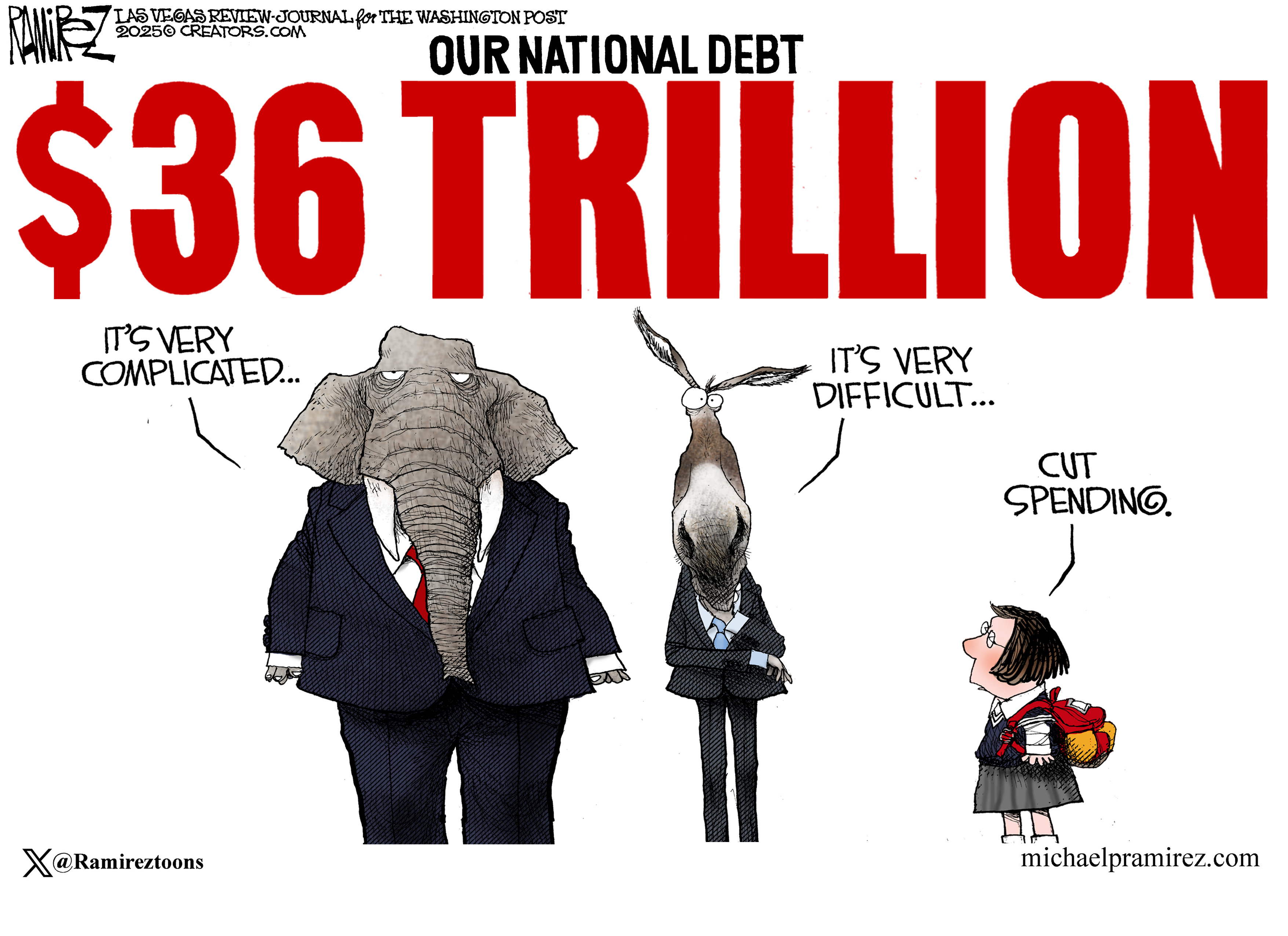

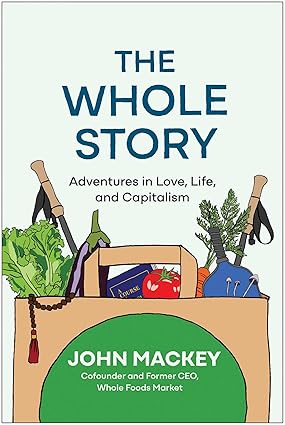

![[Amazon Link]](/ps/asin_imgs/0268106975.jpg)
![[Amazon Link]](/ps/asin_imgs/B07FYQV6RR.jpg)
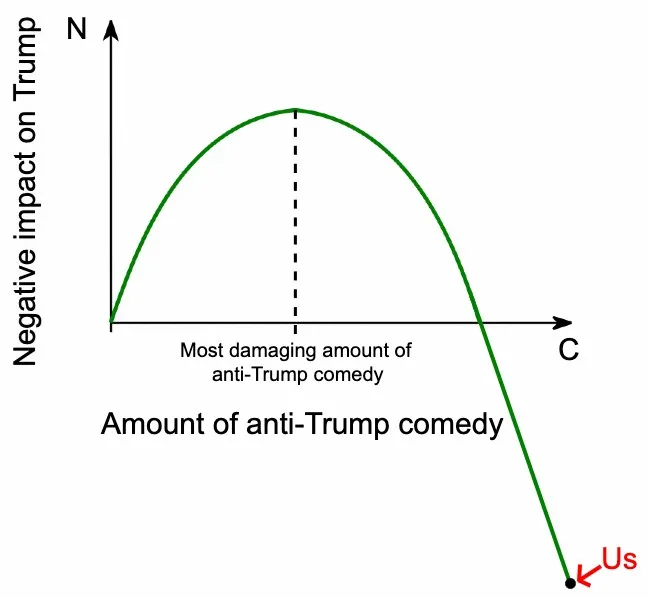

![[5 stars]](/ps/images/50stars.gif)
![[IMDB Link]](https://ia.media-imdb.com/images/G/01/imdb/plugins/rating/images/imdb_46x22.png)
![[Amazon Link]](/ps/asin_imgs/163431252X.jpg)
![[Memorial Day]](/ps/images/1tevlin0810.jpg)
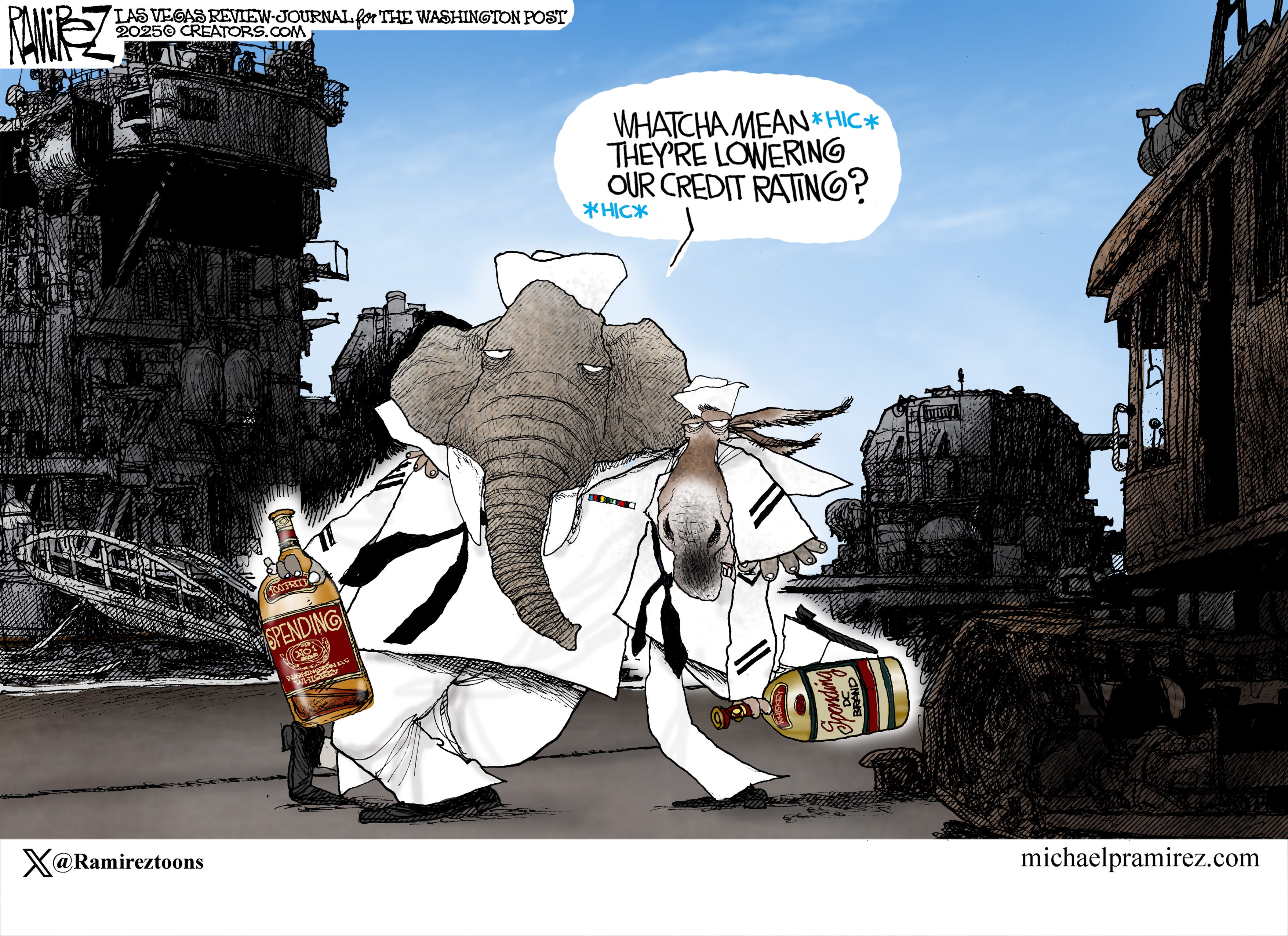


![[2.5 stars]](/ps/images/25stars.gif)
![[Amazon Link]](/ps/asin_imgs/B0F99C6T38.jpg)

![[Amazon Link]](/ps/asin_imgs/B08K589KCQ.jpg)
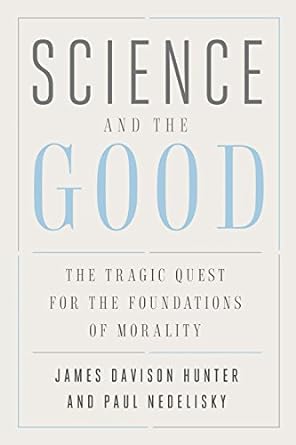
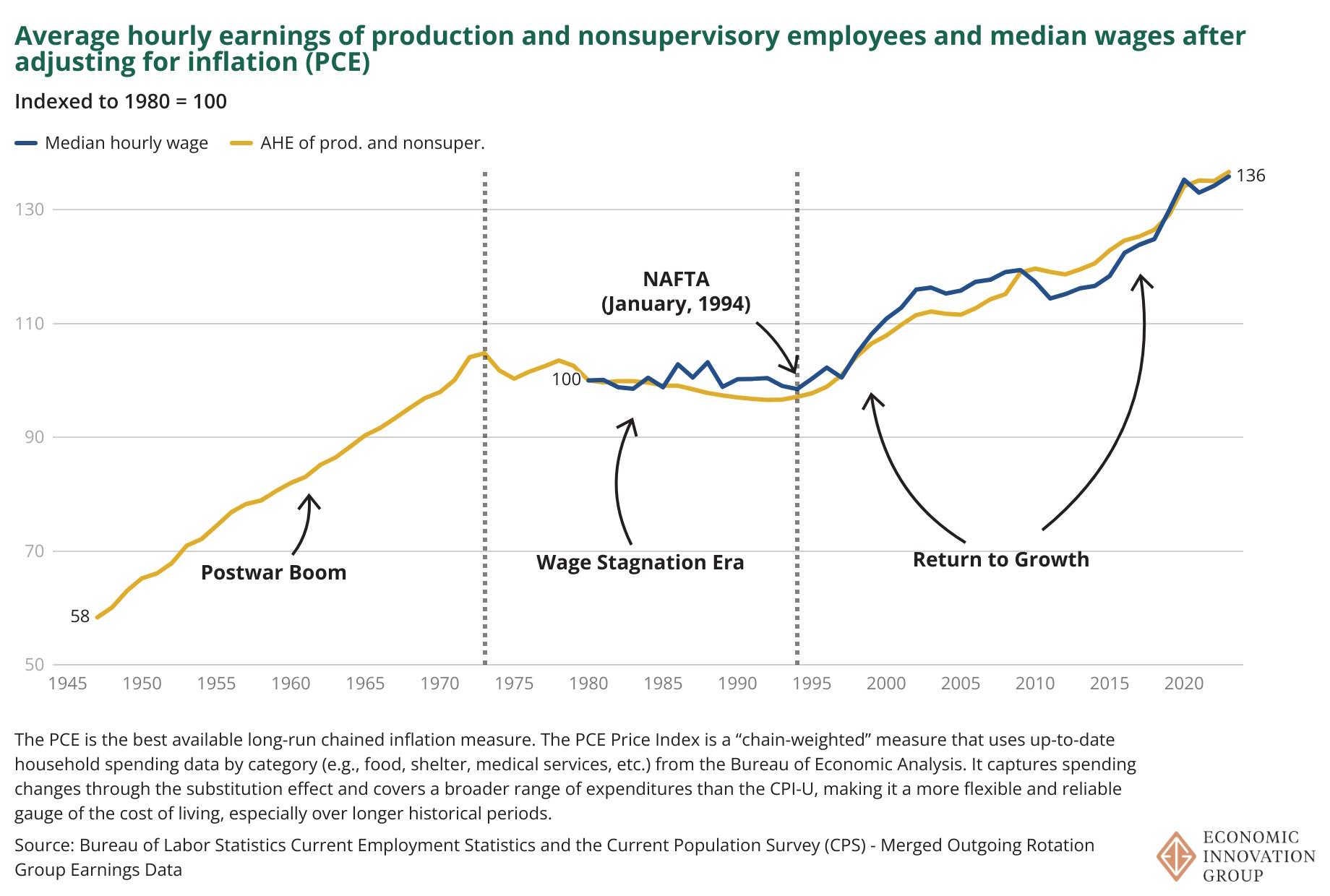

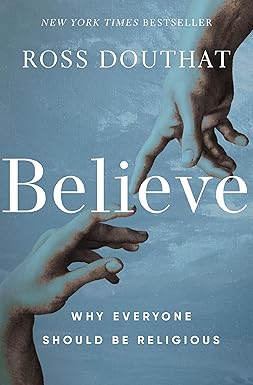
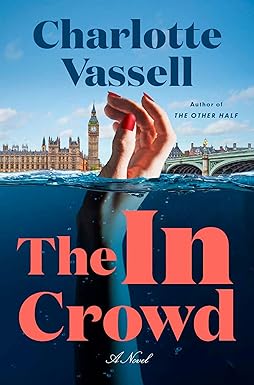


![[Amazon Link]](/ps/asin_imgs/0691154546.jpg)






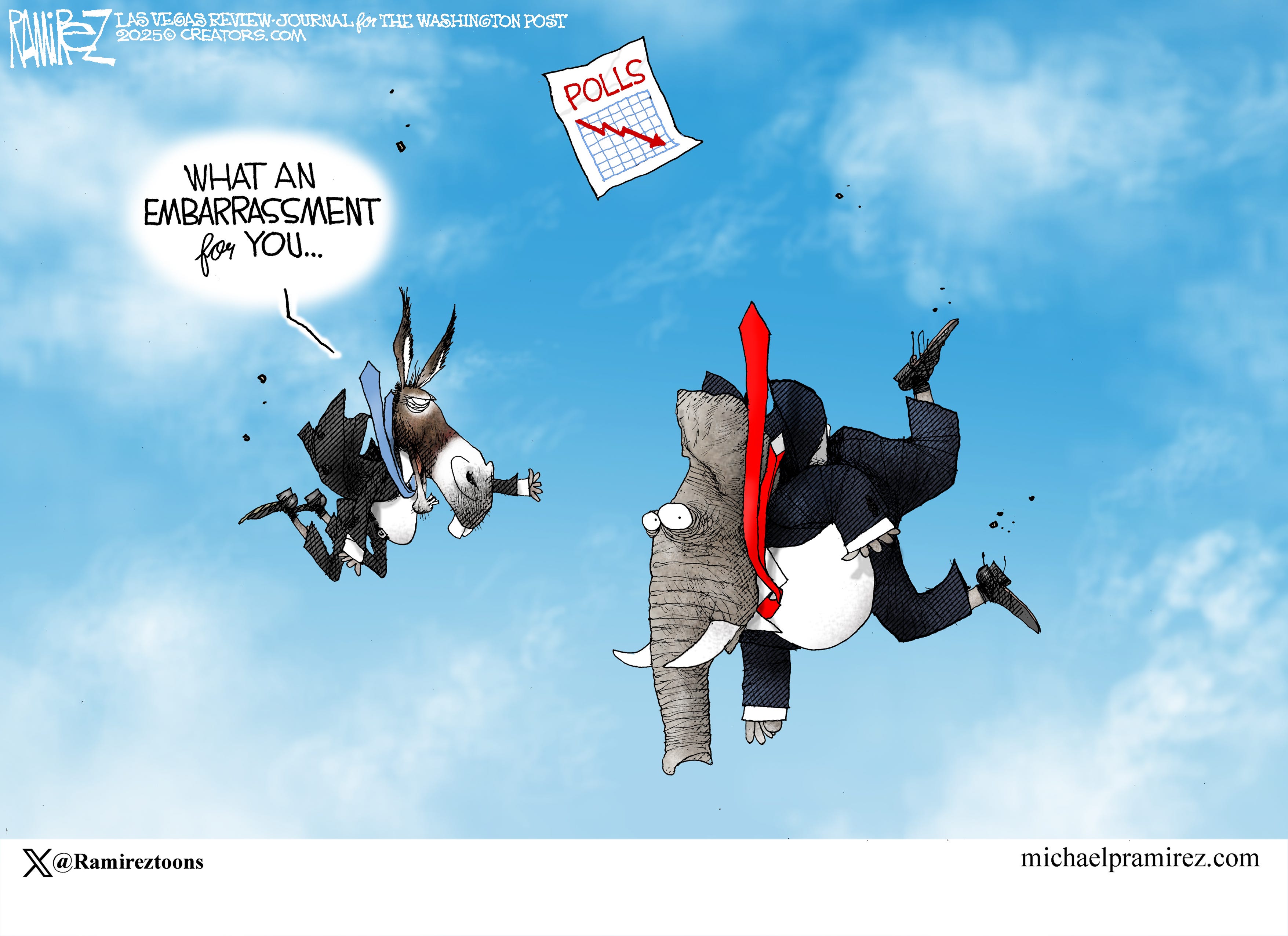

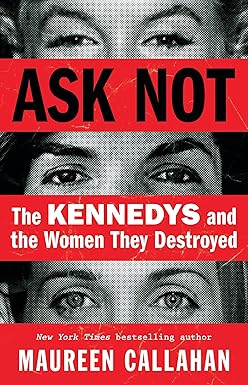
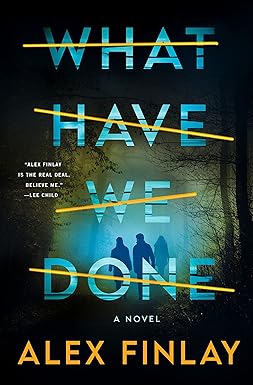
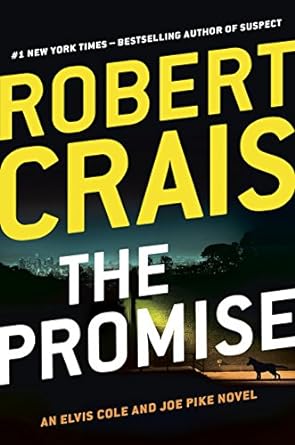
![[The Blogger]](/ps/images/barred.jpg)



